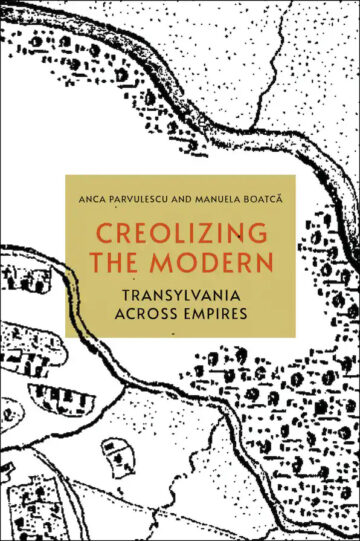How are modernity, coloniality, and interimperiality entangled? Bridging the humanities and social sciences, Anca Parvulescu and Manuela Boatcă provide innovative decolonial perspectives that aim to creolize modernity and the modern world-system. Historical Transylvania, at the intersection of the Habsburg Empire, the Ottoman Empire, Austria-Hungary, and Russia, offers the platform for their multi-level reading of the main themes in Liviu Rebreanu’s 1920 novel “Ion.”
Topics range from the question of the region’s capitalist integration to antisemitism and the enslavement of Roma to multilingualism, gender relations, and religion. “Creolizing the Modern” develops a comparative method for engaging with areas of the world that have inherited multiple, conflicting imperial and anti-imperial histories.
About the authors
Anca Parvulescu is a professor of English at Washington University in St. Louis. She is the author of “Laughter” and “The Traffic in Women’s Work.”
Manuela Boatcă is a professor at the Institute of Sociology and Head of School of the Global Studies Program at the University of Freiburg, Germany. She is the author of “Global Inequalities Beyond Occidentalism” and co-editor of “Decolonizing European Sociology.”
Praise
“Creolizing the Modern” is an ambitious, original, and timely book about one of the world’s most culturally intriguing regions. In Manuela Boatcă and Anca Parvulescu’s account, Transylvania is not only a focus but also a method, making their analysis relevant to a number of fields in literary, cultural, and comparative studies.
– Christian Moraru, University of North Carolina, Greensboro
“Creolizing the Modern” is a remarkable achievement and contribution to literary criticism and postcolonial studies that engaged in key debates on coloniality, nationalism, gender, and racism.
– Marius Turda, Oxford Brookes University, general editor of the six volume-series “A Cultural History of Race”
